Author: Geoff Wells
-
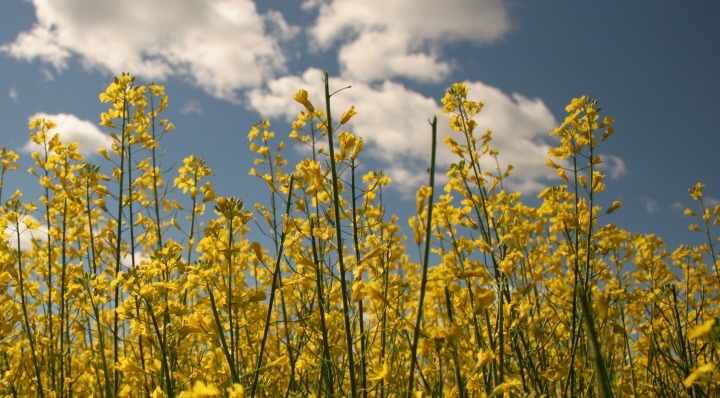
For a GM-free Limestone Coast
RCA’s presentation to the Limestone Coast Local Government Association in support of our region remaining a GM-free Crop Zone Why we want our Councils to remain a GM-free Crop Zone Losing South Australia’s state-wide GM-free status and reputation for high quality GM-free food products will disrupt market and trade opportunities for producers and processors all…
-
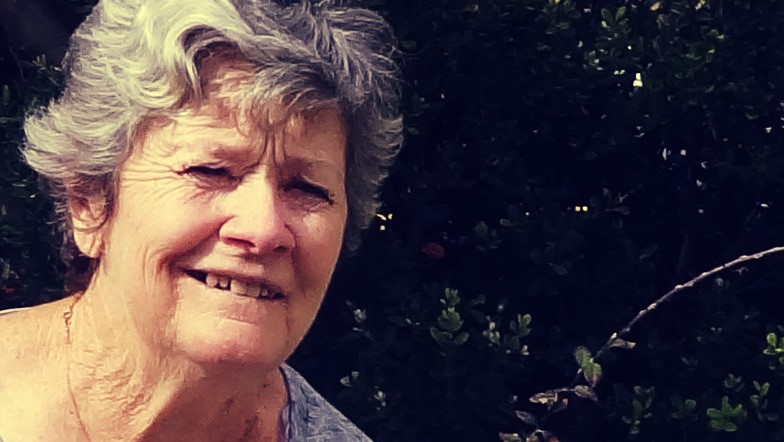
Country Women Seniors Project
Our Country Women Seniors Project is a community resilience project. It is for women seniors in Limestone Coast communities who can be overlooked in our community life. Yet they have rich experience and knowledge which deserves to be heard. This project and its website is being developed to give them a place to speak, in…
-
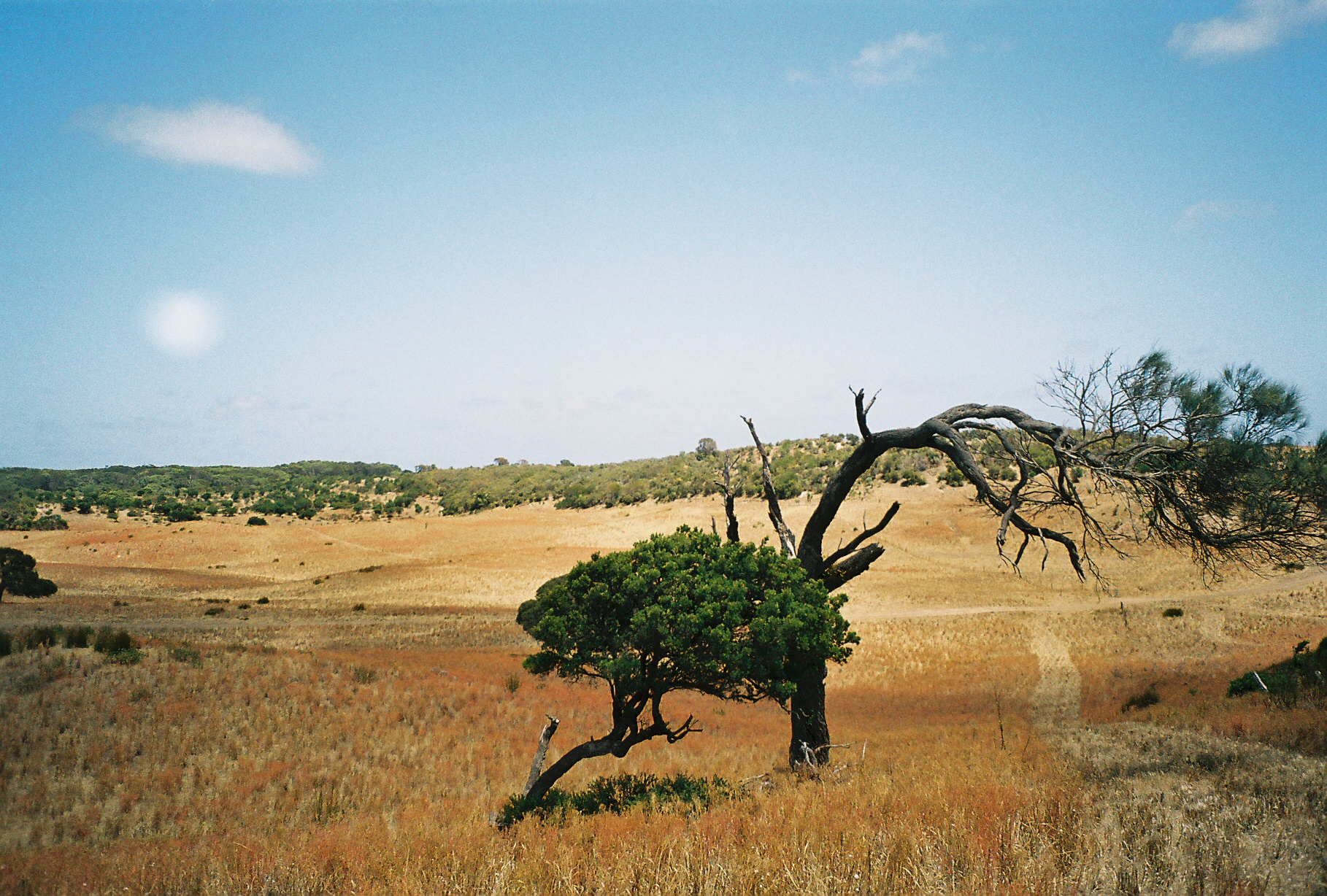
RCA comments on local rights and environmental law
The Australian Panel of Experts on Environmental Law (APEEL) has been working on a comprehensive overhaul of environmental law in Australia–which is much needed and RCA supports the initiative. APEEL has published its Blueprint for the next generation of environmental law. In addition it has drafted 8 Technical Papers. One of these is the Democracy…
-

The Wyatt Trust Backs 1:1 Mentoring and Support Pilot
RCA, working with Di-Monty Training Solutions, is developing and implementing a 1:1 Mentoring and Support Initiative across our community development programs in Mount Gambier. This initiative has been given valuable backing by The Wyatt Trust, who have been a strong supporter of RCA’s workforce exclusion projects in Mount Gambier 2016-2017. The 1:1 initiative comprises a…
-
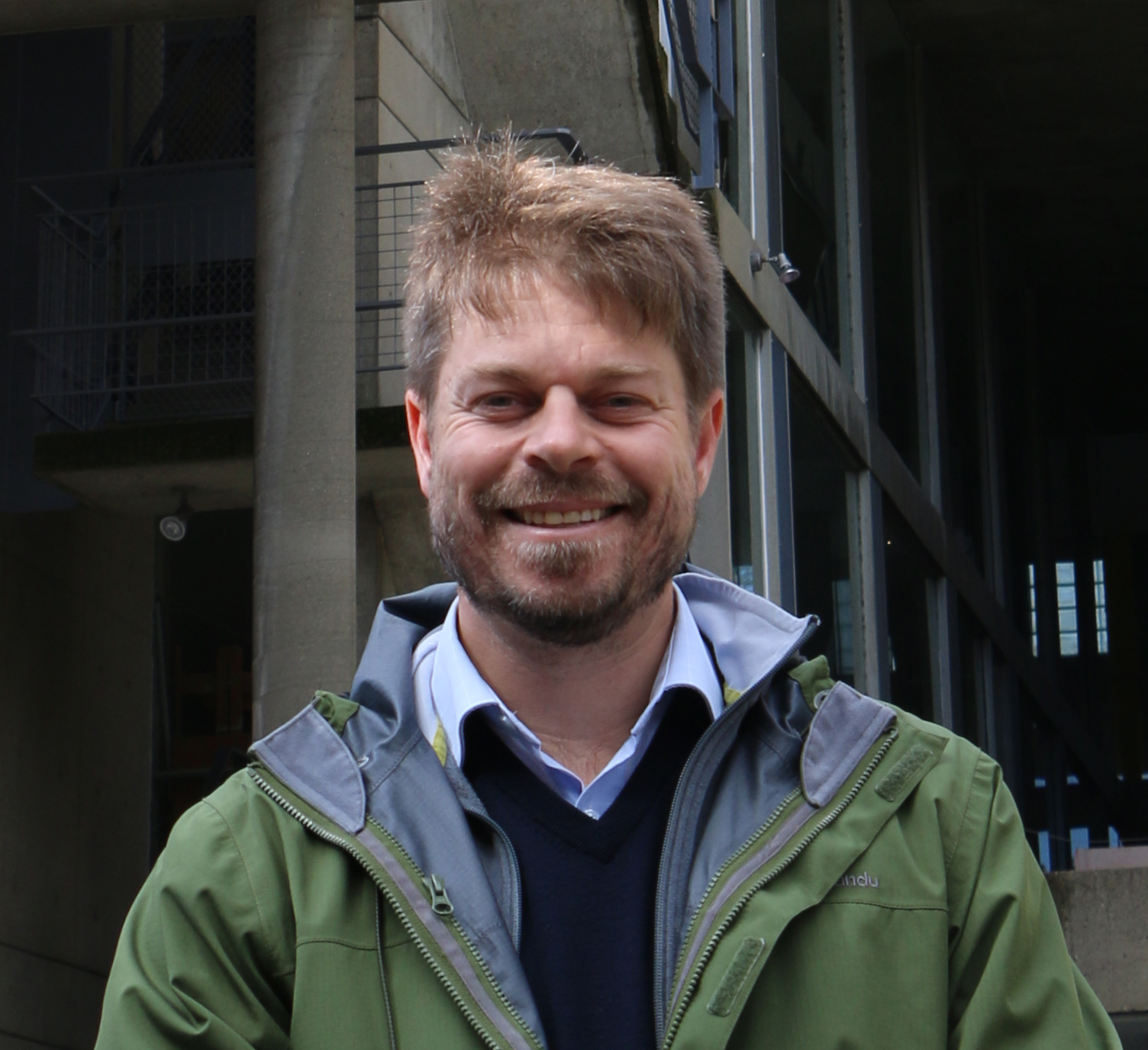
Dr Scott Heyes joins our Advisory Board
We are delighted to announce that Dr Scott Heyes is joining our Advisory Board, and to welcome him to the RCA community. Scott is currently an Associate Professor of Cultural Heritage in the Faculty of Arts and Design at the University of Canberra, Australia. He is Convener of Indigenous studies in the Faculty. He has…
-
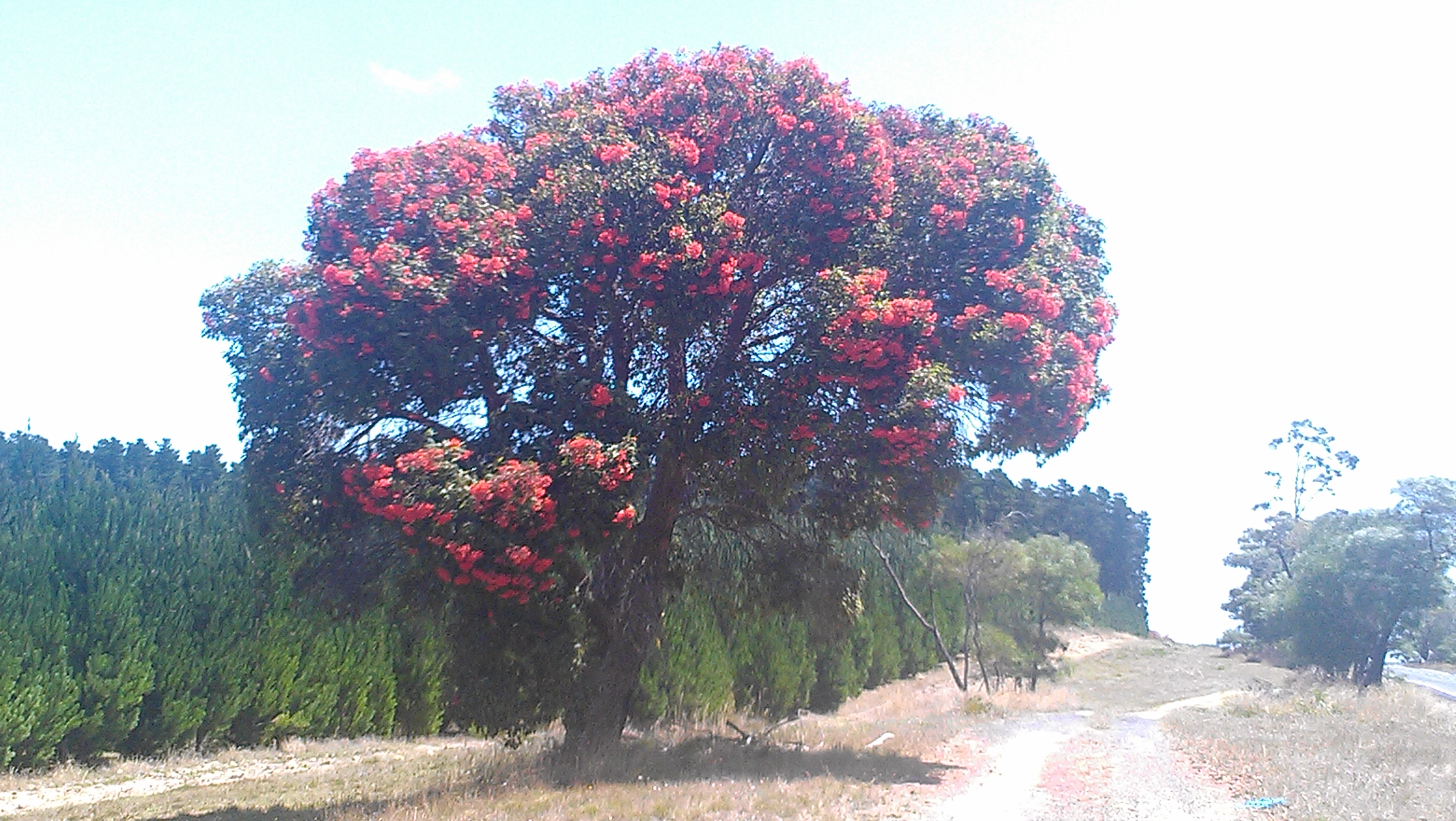
RCA gains PBI and DGR recognition
Rural Communities Australia is delighted to announce that it has gained Public Benevolent Institution (PBI) recognition. The ACNC fact sheet clarifies what this means: “A public benevolent institution is a type of charitable institution whose main purpose is to relieve poverty or distress. Public benevolent institutions are recognised by the ACNC and ATO as…
-
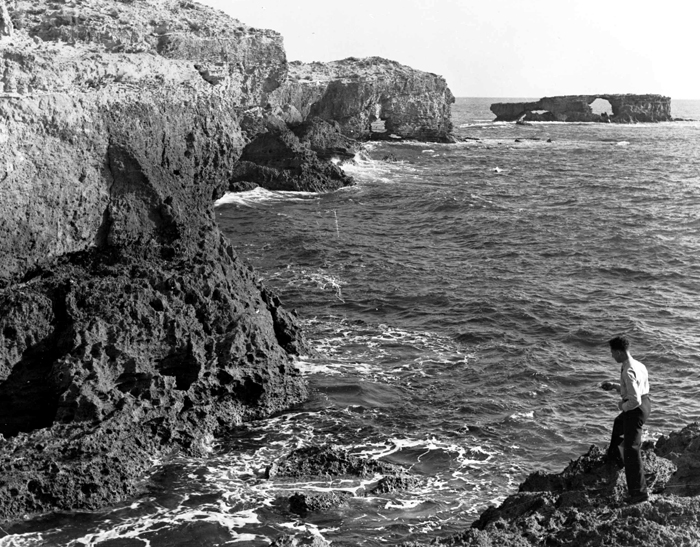
State History Conference Presentation: Robe Conservation Study 1979
On October 25 Dr Geoff Wells presented to the State History Conference 2015 at Robe SA, on the Robe Conservation Study 1979. This study was a ground-breaking piece of work in many ways. Mounted at the end of a decade which had seen the first substantial building blocks put in place in environmental policy and…
-
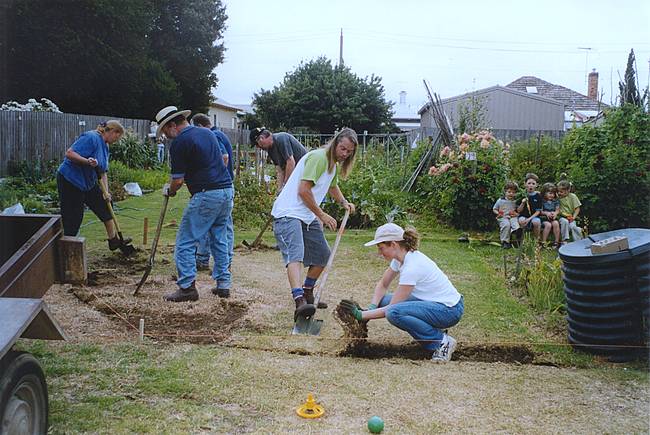
Social Impact Bonds and systemic risk: a preliminary analysis
Social investment has become a new and widely-embraced approach to increasing funding in the social services sector. Associated with it is an anticipated change in the way the not-for-profit sector operates, moving it to more explicitly business and managerial practice. It is hoped that by engaging commercial incentives, and by using commercial principles and mechanisms,…
-

RCA submission to the SA Parliamentary Inquiry on Fracking
There is a strong push on to commence fracking operations on an industrial scale in the south-east of South Australia. RCA opposes the initiative. The push is coming from mining companies, such as Beach Energy, and is supported by both sides of politics. A Parliamentary committee has been established to inquire into fracking in the…

